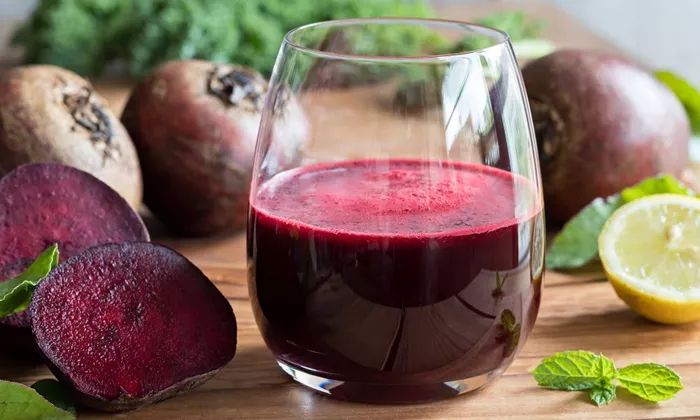A study published in the American Journal of Men’s Health highlights the benefits of caffeine and beetroot juice in improving endurance and recovery during high-intensity running.
The 1000-meter run, a key component of Chinese university fitness assessments, requires both aerobic and anaerobic endurance. Optimizing performance and recovery is essential for success in such events.
Dietary supplementation is a proven strategy to enhance physical performance. Caffeine, widely recognized for its fatigue-reducing properties, and beetroot juice, rich in performance-boosting nitrates, have been extensively studied. However, research on their combined effects has yielded conflicting results.
Chinese researchers conducted a study on 20 healthy, non-athlete male undergraduates. Participants underwent four test conditions: caffeine-only, beetroot juice-only, a combination of both, and a placebo. Each trial was separated by a one-week washout period. Performance was assessed before and after two consecutive 1000-meter runs, with a 20-minute recovery interval between them.
Researchers applied SHapley Additive exPlanations (SHAP) analysis, a game-theoretic approach, to evaluate the influence of physiological, nutritional, and behavioral factors on performance outcomes.
Participants who consumed both caffeine and beetroot juice demonstrated significantly improved performance in the first 1000-meter run compared to those given a placebo. Caffeine alone had no significant effect on the first run but helped maintain performance in the second.
In the second run, the caffeine-beetroot combination outperformed all other groups. Beetroot juice alone provided an initial boost, increasing muscle oxygenation by 25%, but its benefits faded after recovery. Caffeine prevented performance declines post-recovery, unlike the beetroot and placebo groups.
The study identified body fat percentage as the most influential factor in running performance, followed by weight, age, sleep duration, and nutritional strategy. While body fat and age negatively impacted performance, weight and sleep had mixed effects depending on interactions with other variables.
Grip strength, jump height, and resting heart rate had moderate influences, whereas smoking and alcohol intake played minimal roles.
Despite performance benefits, caffeine use led to 30% more post-run restlessness, which could be a concern in non-competitive settings. Additionally, caffeine’s impact on repeated high-intensity performance plateaued over time, limiting its long-term effectiveness.
The study underscores the importance of nutrition and sleep in optimizing running performance. Future research should explore advanced analytical techniques, such as metabolomics, to better understand how physiological and lifestyle factors interact to influence endurance and recovery.
These findings provide a foundation for developing targeted strategies to enhance physical performance and delay fatigue, offering valuable insights for athletes and fitness professionals alike.
Related topics:
- Can Running Help Anxiety?(Revealed)
- Can Running Help Depression?
- Best 4 Weight Loss Strategies for Obese Men


